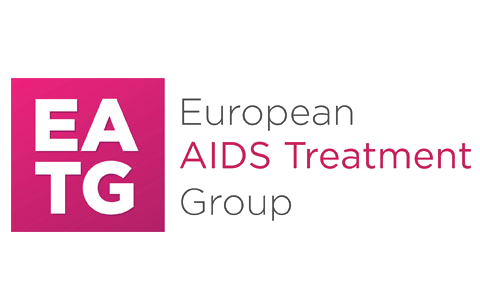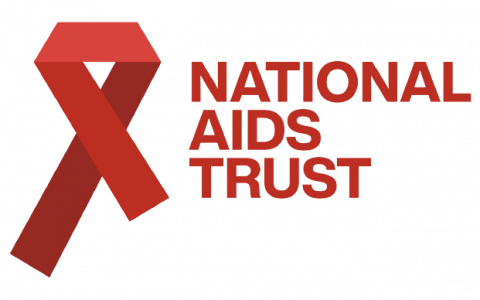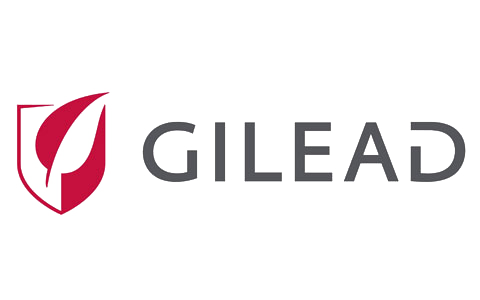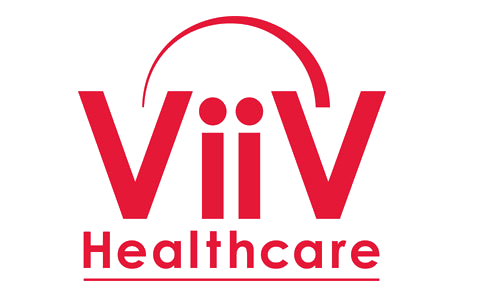Our Journey
HIV Outcomes reflects a widespread recognition among experts that important issues of health and social inclusion of people living with HIV receive insufficient attention from policy makers and healthcare providers. The initiative aims to make these elements central to the overall response to HIV. We seek to complement existing work in prevention, diagnosis, treatment and care by developing sustainable approaches – including improved prevention, screening and diagnosis of comorbidities – that meet the specific long-term needs of people living with HIV.
In an era when ageing populations and health system sustainability are central challenges for all European countries, HIV Outcomes also aims to promote innovative approaches to improve long-term health-related quality of care in a sustainable manner, whilst ensuring patient-centred healthcare delivery. Governments and health systems must respond to the fact that people are living longer and ensure their good health-related quality of life as they grow older and can lead successful, productive and rewarding lives.
-
2016HIV Outcomes was formally launched
HIV Outcomes began its journey in 2016 with an event at the European Parliament, by bringing together patient organisations, medical professionals, academics, public institutions and the private sector to align on a new policy and clinical agenda that addresses the crucial unmet needs of people living with HIV, and to ensure that they can live longer in good health, and participate fully in society.
-
2017Launch of the HIV Outcomes Policy Recommendations
In 2017, HIV Outcomes launched at an event in the European Parliament its recommendations on the long-term health, well-being and chronic care of people living with HIV, receiving cross-party support from the Alliance of Liberals and Democrats for Europe (ALDE), the European People’s Party (EPP) and the Socialists and Democrats (S&D), as well as from the former European Commissioner for Health, Dr. Vytenis Andriukaitis.
-
2017HIV Outcomes at IAS 2017
In 2017, HIV Outcomes steering group Co-Chair Prof. Jane Anderson presented an abstract of the initiative’s work at the 9th International AIDS Society Conference on HIV Science in Paris on 23-26 July, 2017. Under the title ‘Are health systems addressing comorbidities in people living with HIV?’, the abstract assesses key European HIV guidelines and monitoring mechanisms to determine if health systems have sufficient information on comorbidities or if they are effectively monitoring related service delivery issues.
-
2018Good Practices Compendium and HIV Drug Therapy Conference
In 2018, HIV Outcomes hosted a workshop in Amsterdam during the AIDS 2018 conference to present the initiative’s ‘Good Practice Compendium’. That same year, Steering group Co-Chair Professor Jane Anderson presented the findings from HIV Outcomes’ assessment on how effectively health systems are monitoring HIV-associated comorbidities at the 2018 HIV Drug Therapy Conference in Glasgow on 28-31 October.
-
2019The Lancet HIV Series and International Conference on Integrated Care
In 2019, HIV Outcomes Co-Chairs Jeffrey Lazarus and Jane Anderson led and published ‘The Lancet HIV Series on HIV Outcomes: Beyond Viral Suppression’ on the topic of health systems unpreparedness to meet the needs of growing numbers of ageing people living with HIV. Additionally, HIV Outcomes showcased at the International Conference on Integrated Care 2019 in San Sebastian on 1-3 April.
-
2020Good Mental Health for People Living with HIV
During 2020, HIV Outcomes adapted to the new situation due to the COVID-19 pandemic. Public health was suddenly placed at the forefront of public interest and became a priority for national and European policy-makers. In addition, new challenges emerged for people living with HIV due to health isolation, drug shortages and increasing mental health problems. This is why on World AIDS Day 2020, HIV Outcomes organised an online conference entitled ‘Delivering Good Mental Health for People Living with HIV’.
-
2021UNAIDS Global AIDS Strategy (2021-2026)
In 2021, HIV Outcomes contributed to the development of the Global AIDS Strategy for 2021-2026 led by UNAIDS and a virtual Focus Group Discussion was held alongside UNAIDS under the title ‘How to define Health-Related Quality of Life of people living with HIV?’ in which six recommendations were agreed on how the Strategy could consider the well-being and health-related quality of life of the HIV population. On World AIDS Day, the initiative organised the online event ’40 years on: Time to Focus now on Health-Related Quality of Life’, with the support of Health Commissioner Stella Kyriakides.
-
2022Policy Asks and Dr. Andriukaitis as New Ambassador
In 2022, HIV Outcomes welcomed Vytenis Andriukaitis, former European Commissioner for Health & Food Safety and current WHO Special Envoy for the European region, as Ambassador of the initiative. This year also saw the launch of the HIV Outcomes policy asks and recommendations at a high-level event for World AIDS Day in the European Parliament. Additionally, HRQoL has been included in key guidance documents from both the World Health Organization (WHO) and the Joint United Nations Programme on HIV/AIDS (UNAIDS).
-
2023HIV Outcomes Roundtable on stigma and discrimination in Madrid
In 2023, HIV Outcomes organised a roundtable event on HIV stigma and discrimination within the wider SEISIDA scientific meeting “Hacer VIHsible lo invisible” with the aim to share evidence-based policy recommendations and in-country best practices, while highlighting the need for coordinated action at EU level to fight HIV stigma supported by a video with Members of the European Parliament from across the political spectrum.
-
2024HIV Outcomes Call to Action | Recommit to ending the AIDS epidemic by 2030: the need for a new EU Action Plan on HIV/AIDS
In 2024, HIV Outcomes launched its Call to Action urging the European Union to prioritise efforts in achieving the United Nations Sustainable Development Goal 3.3 of ending the AIDS epidemic by 2030. To help achieve this goal, and in support of national efforts to enhance the long-term health and well-being of people living with HIV, HIV Outcomes calls for the adoption of a new EU-wide Action Plan on HIV/AIDS.







